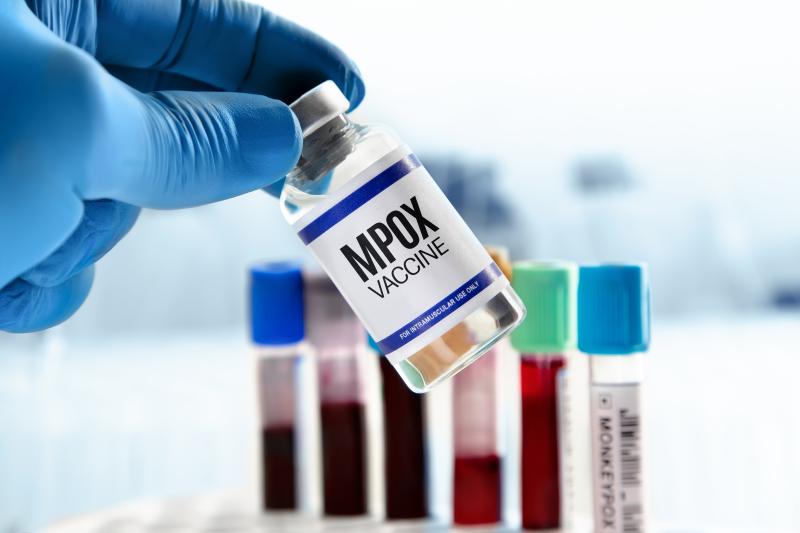The Ministry of Health has announced the arrival of 10,700 doses of the Modified Vaccinia Ankara-Bavarian Nordic (MVA-BN) Mpox vaccine as part of efforts to curb the ongoing Mpox outbreak.
The vaccine, as revealed by Health Cabinet Secretary Aden Duale was received through collaborative efforts between the Government of Kenya, Africa CDC, World Health Organization, UNICEF, and GAVI, marks a significant step in the national response to the rising number of cases.
"Vaccination is one of the most effective public health measures, and this vaccine will help reduce the spread of Mpox in our communities," Duale said on Wednesday.
He went on to explain that the vaccine would be used alongside other critical outbreak control measures, including enhanced surveillance, contact tracing, testing, and community engagement.
The country has seen a sharp increase in Mpox cases, with the total number doubling since December 31, 2024.
As of now, 67 cases have been confirmed across 13 counties, including Busia, Mombasa, Nakuru, among others.
"This new vaccine will target high-risk groups, including healthcare workers, close contacts of confirmed cases, and vulnerable populations such as long-distance truck drivers and sex workers," Duale added.
To date, 49 patients have recovered, with 10 currently hospitalized and one reported death, bringing the case fatality rate to 1.5%.
Enhanced surveillance at 26 points of entry has seen over 4 million travelers screened, with ongoing laboratory testing of suspected cases.
The MVA-BN vaccine, which has shown effectiveness in reducing Mpox severity, is expected to provide protection with an estimated 82% efficacy after two doses.
The vaccination campaign will prioritize those most at risk, with a focus on counties that have reported the highest number of cases.
The Ministry of Health has also issued an advisory to the public, urging people to take preventive measures, including avoiding close contact with suspected cases, practicing good hygiene, and reporting any symptoms to health authorities.
"Engage with qualified health care professionals for accurate information, and help stop the spread of misinformation through social media," the Ministry advised.

